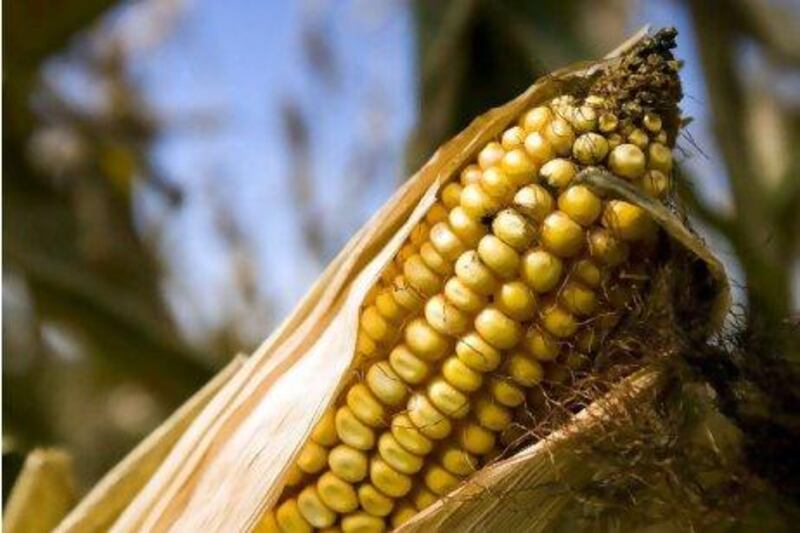Peanut oil
There is nothing new about peanut-powered cars. Back in 1900, Rudolf Diesel used peanut oil to power his first engine, showing it off at the World Exhibition in Paris. Observers were amazed but unfortunately Diesel died before his vision of powering cars with plant oil could be properly developed. Instead, the petroleum industry capitalised on one of its by-products to power the diesel engine and as a result, diesel fuel was popularised and cleaner, greener peanut oil fuel was forgotten.
Palm oil
A very versatile oil indeed, palm oil can be used in food products, as a cooking oil, in cosmetics, soap, glue and printing ink as well as a biodiesel fuel. Colombia has committed to producing a fuel of diesel mixed with palm oil with the aim that this more environmentally friendly, easily renewable fuel will provide power to thousands of cars and machines across the South American nation, as well as creating much-needed jobs. Palm oil is also used to assist with the drilling process in the petroleum industry.
Rapeseed oil
Marketed in some countries under the more palatable name of canola oil, this is the most commonly used biodiesel fuel globally - making up 84 per cent of biodiesels (sunflower oil comes in second with 13 per cent). It produces more oil per unit of land area compared with other oil sources. However, motorists need to ensure their diesel car is suitable for biodiesels because many European owners of diesel cars have reported mechanical problems after trying biodiesel made from rapeseed.
Corn
While peanuts, palm oil, rapeseed oil and sugar are all edible, it seems that the biofuel produced from corn raises the most ire from activists who are opposed to using food as a fuel source. But corn farmers in the US are pleased about the growing popularity of E85, a fuel that comprises 85 per cent corn-based ethanol and 15 per cent gasoline. While it has lower emissions than pure gasoline, the main disadvantage of E85 is that it isn't as efficient and motorists need to fill up more often.
Sugar
In 2007, a team of US scientists found a way to turn fructose, or fruit sugar, into fuel and the resulting liquid, 2,5-dimethylfuran (DMF), has as much energy as petrol and 40 per cent more than ethanol. Meanwhile, in Brazil, sugar cane has been used for more than 30 years to make fuel. With so many years of practice, it is not surprising that Brazilian sugar cane ethanol is one of the most advanced and greenest biofuels because of its 61 per cent reduction of total life cycle greenhouse-gas emissions.






